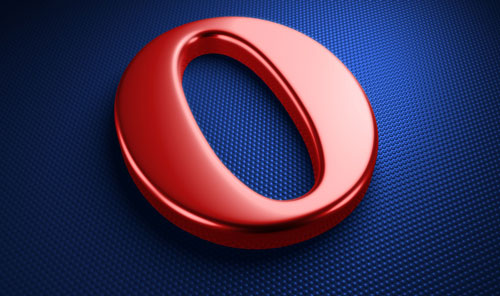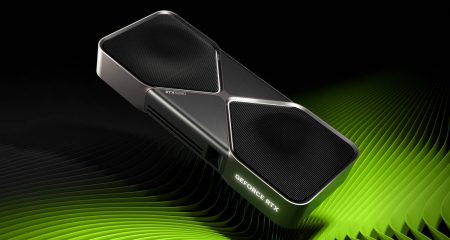
These Norwegians are certainly tenacious. Despite Norway’s Opera Software continuing to struggle to gain meaningful market share against rivals such as Google Chrome, Mozilla Firefox and Windows Internet Explorer on desktop computers, the company has no plans to abandon the project.
In fact, it this week reaffirmed its commitment to developing the platform for the desktop, in addition to mobile devices, where its software has proved much more popular.
Christen Krogh, chief development officer at Opera Software in Oslo, who is attending the AfricaCom telecommunications conference in Cape Town this week, tells TechCentral that the company has struggled to gain market share on the desktop for a number of reasons, not least of which is the money its rivals are able to throw at marketing their browser products.
The worldwide market share for Opera on the desktop remains in the low single digits — around 2% to 2,5% by most estimates — despite its being what Krogh calls the “fastest and safest” browser available for desktop computers. However, those who use it are fiercely loyal to it.
“The competition has better marketing,” Krogh says. “Chrome’s market share keeps going up, but Chrome is the world’s most marketed piece of software ever. Google uses all its available space [on its websites] and has the most efficient marketing machinery in the world today.”
Chrome has enjoyed remarkable growth in recent years, mainly at the expense of Firefox and Internet Explorer — by some calculations, fewer than 50% of Web users now use the Microsoft browser to surf the Internet.
“As a small company, we don’t have the same financial muscle and we can’t cross-subsidise to the same extent [as bigger rivals],” Krogh says.
Another challenge is that Opera Software used to charge users for its software (once a free trial period expired), a move that may have cost it market share. The software has been free of charge for the past decade, first as “adware” (supported by advertising built into the product) and from 2005 without the ads.
Krogh says it’s tough to compete with US giants in their home market.
But that doesn’t mean Opera Software is going to give up the fight. Far from it, Krogh says. “The desktop is good for us. We have 55m active users on the desktop, so it’s a substantial user base and in some countries we are the dominant browser.”
It’s also a good business for Opera Software, he says. There’s “huge synergy” in making browsers for different devices because the software has the same “underlying browser core”. The company makes it “easy” to transfer bookmarks and other information between devices to make the user experience more “coherent”.
And in mobile, the company has been much more successful, with tens of millions of people using Opera Mobile and Opera Mini to browse the Internet on their phones. Emerging markets is a strong focus area. “In Africa, people are skipping the PC generation and going straight to mobile devices,” Krogh says.
Opera Software is working closely with mobile operators to offer the software preinstalled on mobile phones, allowing the operators to market their own services on the Web and drive up data consumption.
The company makes money in three distinct areas: from licensing its technology for use in certain products such as televisions and home media systems; on the desktop from selling space in the browser to service partners who want to be exposed through the search interface; and through preloaded “speed dials” or thumbnails of popular websites.
About 30% of Opera Software’s revenues come from its desktop browser business, Krogh says. — Duncan McLeod, TechCentral
- Subscribe to our free daily newsletter
- Follow us on Twitter or on Facebook
- Visit our sister website, SportsCentral (still in beta)




